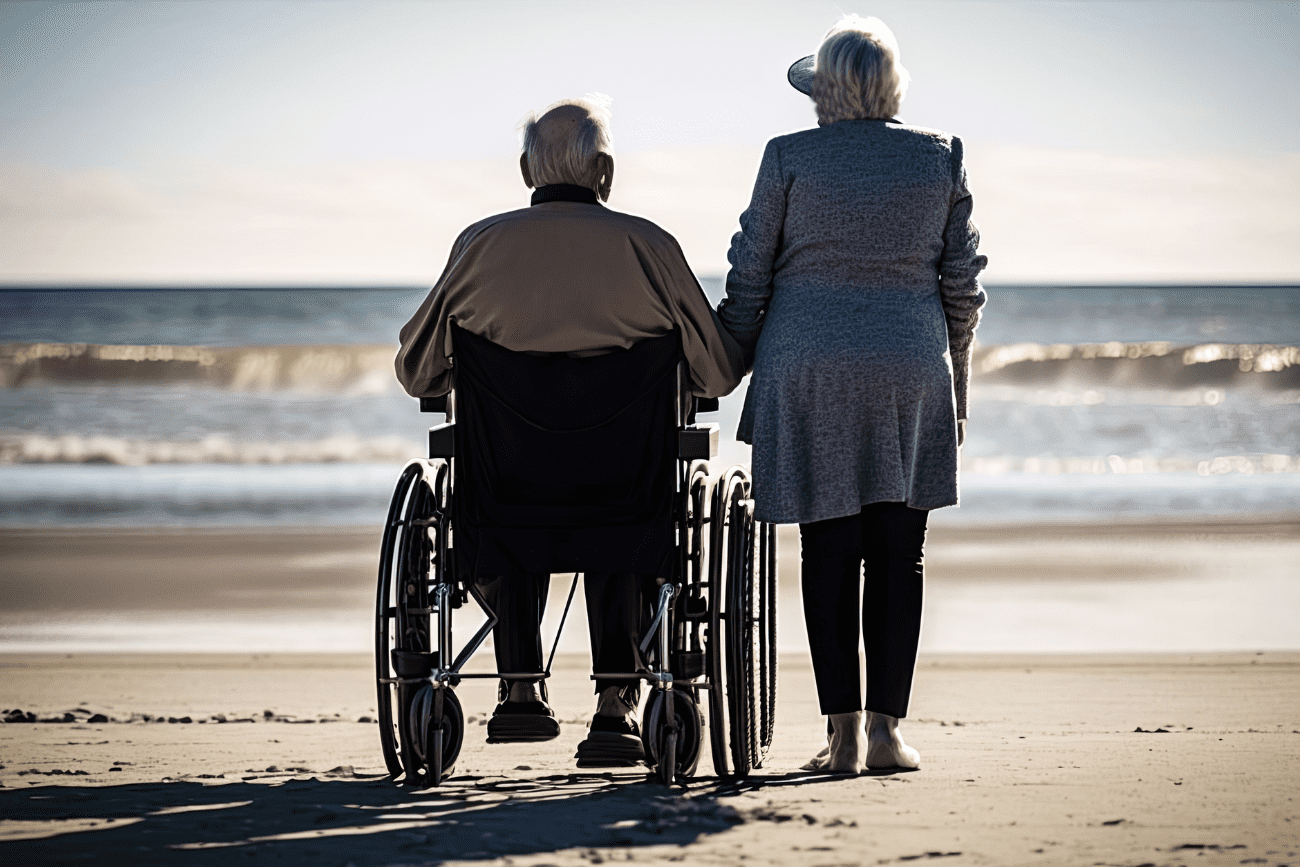Blogs

As you navigate the complexities of Manassas elder law and long-term care planning, one crucial aspect to understand is Medicaid recovery. In this blog post, we'll explore the concept of Medicaid recovery, how it impacts elder law clients, and what steps you can take to minimize its effect on your estate. By gaining a clear understanding of this process, you… Read More

As you embark on the journey of creating an estate plan, it's essential to consider all aspects of your life, including your genetic legacy. Embryo and genetic material preservation are becoming more common, and if you've chosen this path, it's crucial to discuss these matters with your Woodbridge estate planning attorney. Make Your Wishes Known Your attorney will help ensure… Read More

Trusts are often associated with the ultra-rich, but in reality, they can be an essential tool for families across various income levels. Middle-class families should also consider setting up trusts for their children to ensure their financial security and proper use of assets. Why Middle-Class Families Should Consider Trusts It's a common misconception that only the super-wealthy need to set… Read More

Estate planning involves careful consideration of your assets and how they'll be managed upon your passing. One common question that arises is whether a burial plot should be included in a living trust. Our Woodbridge will and trust lawyers will explain why burial plots don't necessarily need to be included in your trust and discuss the unique nature of their… Read More

While being a caregiver can be rewarding, it can also be extremely stressful. It is very common for caregivers to feel frustrated, tired, and even depressed. As a result, you will want to make life as easy as possible to reduce stress. Following are some ways to help you accomplish that goal. Have Limits As a caregiver, you will be… Read More

Writing your Last Will and Testament is a crucial step in planning for your future. But did you know that it’s also possible to create a plan for the way you want your funeral and memorial service to be conducted? It may seem daunting, but it doesn’t have to be. Read on to learn how you can make your funeral… Read More

Parenting an adult with special needs can present unique financial challenges. A Special Needs Trust can help to ease the burden by providing additional resources without compromising your child's eligibility for government benefits. Funds from a trust may be used to cover things like housing, medical expenses, and other services that contribute to quality of life - allowing you peace… Read More

When creating a trust, one important decision to make is who will act as the trustee. Choosing to name a non-family third party as the trustee of your trust can provide several benefits. Here, we will explore why this option may be considered when deciding who will oversee the trust. Objective Decision Making A third-party trustee has no personal ties… Read More

The last thing you want after you pass is for your family members to squabble over your estate. Unfortunately, even with forethought and planning, loved ones may challenge the validity of your will and final wishes, throwing your estate into a potentially long, drawn-out legal process. So, how can you avoid having your will contested by family members? A Prince… Read More

Caring for a veteran can be both an honor and a challenge. As their health declines, understanding the benefits available to them through the Veterans Administration (VA) is essential. The VA offers two distinct pension benefits that can help support veterans who need extra care—the Aid and Attendance pension benefit and the Housebound benefit. Let’s take a closer look at… Read More
